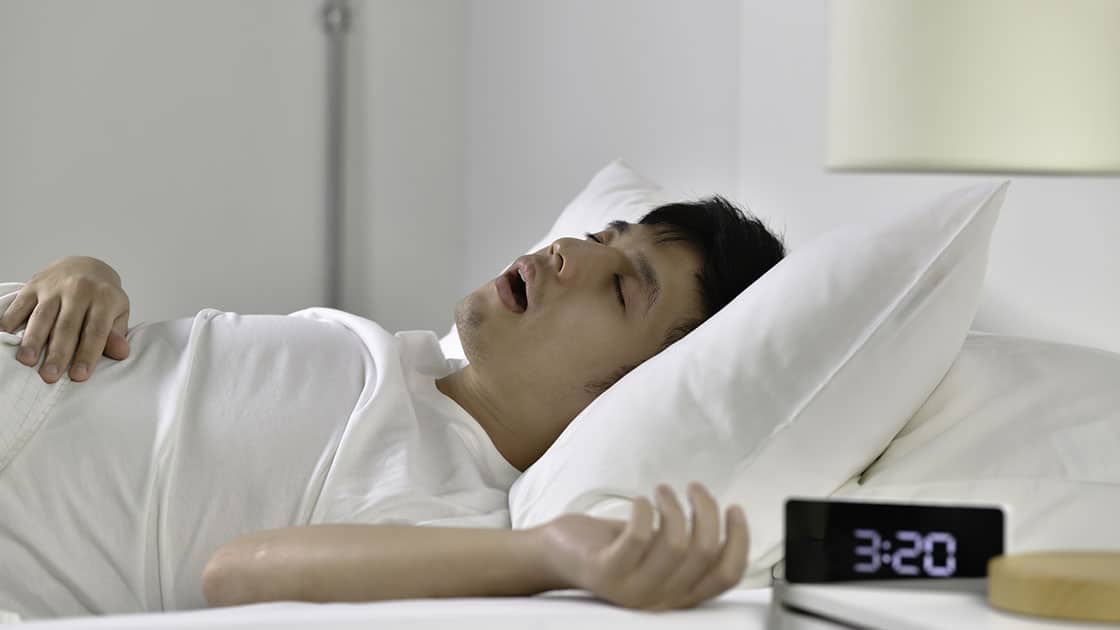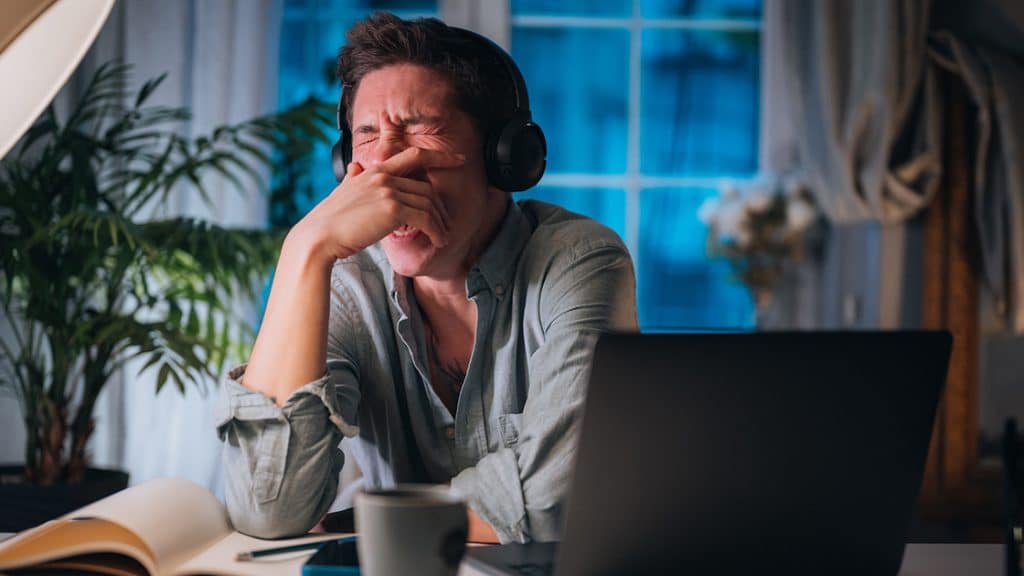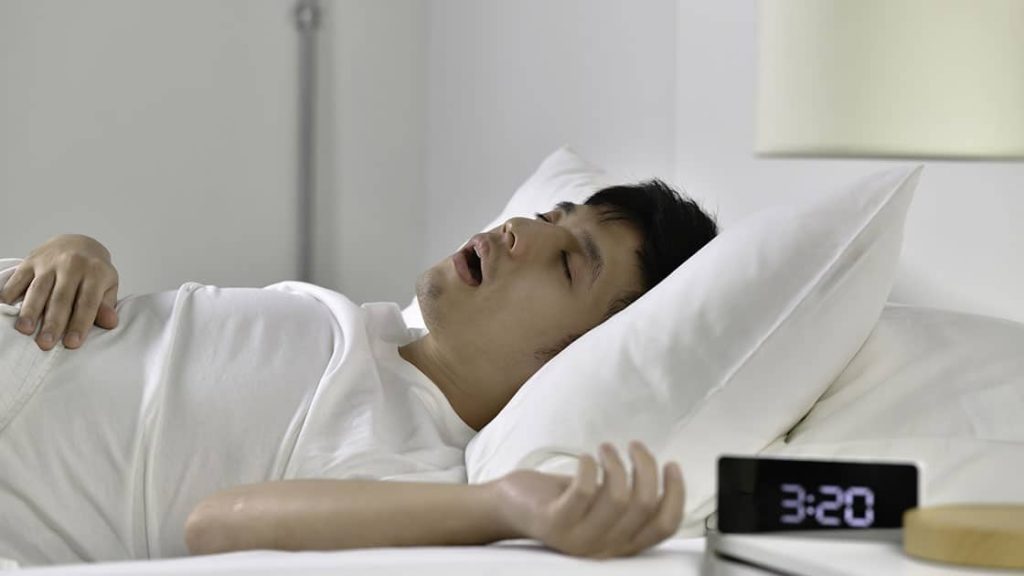
Sleep Center Near Me Tenafly NJ
Sleep serves as the foundation for optimal health and well-being, yet millions of Americans struggle with sleep disorders that disrupt their nightly rest. The consequences of poor sleep extend far beyond feeling tired the next day—chronic sleep deprivation can lead to serious health complications including cardiovascular disease, diabetes, depression, and compromised immune function.
For residents of Tenafly NJ, and surrounding communities, finding effective solutions for sleep disorders has become increasingly important as awareness grows about the critical role sleep plays in overall health. Sleep disorders affect approximately 50-70 million adults in the United States, with many cases remaining undiagnosed and untreated.
Professional sleep centers offer comprehensive diagnostic services and treatment options that can transform restless nights into restorative sleep. These specialized facilities provide the expertise, technology, and personalized care necessary to identify the root causes of sleep disturbances and develop effective treatment strategies.
Understanding when to seek professional help and what to expect from a sleep center can be the first step toward reclaiming quality sleep and improving your overall health and quality of life.
Understanding Common Sleep Disorders
Sleep disorders encompass a wide range of conditions that interfere with normal sleep patterns and quality. While there are over 80 recognized sleep disorders, some are more prevalent than others and significantly impact daily functioning.
Snoring: More Than Just a Nuisance
Snoring affects approximately 90 million American adults and occurs when airflow through the mouth and nose is partially blocked during sleep. The vibration of relaxed throat tissues creates the characteristic sound that can range from soft to extremely loud.
While occasional light snoring may be harmless, chronic loud snoring can indicate underlying health issues and significantly impact both the snorer and their sleep partner. Factors that contribute to snoring include:
- Anatomical factors such as a thick soft palate, enlarged tonsils, or deviated septum
- Age-related muscle tone loss in the throat
- Excess weight that puts pressure on airways
- Alcohol consumption and sedative use
- Sleep position, particularly sleeping on the back
Sleep Apnea: A Serious Sleep Disorder
Obstructive sleep apnea (OSA) represents one of the most serious and common sleep disorders, affecting an estimated 22 million Americans. This condition involves repeated episodes where breathing stops or becomes severely restricted during sleep due to airway obstruction.
During apnea episodes, the brain briefly awakens the body to restore normal breathing, creating fragmented sleep that prevents reaching deeper, more restorative sleep stages. These interruptions can occur hundreds of times per night, though most people remain unaware of them.
Sleep apnea severity is classified based on the Apnea-Hypopnea Index (AHI):
- Mild: 5-15 events per hour
- Moderate: 15-30 events per hour
- Severe: More than 30 events per hour
Untreated sleep apnea increases the risk of serious health complications including hypertension, stroke, heart disease, Type 2 diabetes, and cognitive impairment.
When Should You Seek Professional Help?
Identifying sleep disorder symptoms can be challenging since many occur during sleep when we’re unconscious. However, certain daytime and nighttime indicators suggest the need for professional evaluation.
Common Sleep Disorder Symptoms
Nighttime symptoms include:
- Loud, chronic snoring that disrupts others
- Witnessed breathing interruptions or gasping during sleep
- Frequent awakening with choking or gasping sensations
- Restless sleep with frequent position changes
- Night sweats unrelated to room temperature
- Frequent urination during the night
Daytime symptoms include:
- Excessive daytime sleepiness despite adequate sleep time
- Morning headaches that improve throughout the day
- Difficulty concentrating or memory problems
- Irritability, mood changes, or depression
- Falling asleep during routine activities
- High blood pressure that’s difficult to control
When Professional Evaluation is Necessary
Seek professional evaluation from a sleep center if you experience:
- Persistent loud snoring combined with daytime fatigue
- Witnessed breathing interruptions during sleep
- Excessive daytime sleepiness that interferes with daily activities
- Morning headaches occurring more than twice per week
- Difficulty staying asleep or frequent night awakenings
- Unrefreshing sleep despite spending adequate time in bed
Early intervention can prevent the progression of sleep disorders and reduce associated health risks.
The Importance of a Sleep Center: Sleep Better Solution in Tenafly, NJ
Professional sleep centers provide specialized diagnostic and treatment services for the full spectrum of sleep disorders. These facilities combine medical expertise with advanced technology to deliver comprehensive sleep medicine care.

Comprehensive Sleep Medicine Services
Sleep Better Solution in Tenafly, NJ offers a full range of services designed to address various sleep disorders through evidence-based approaches. The center’s multidisciplinary team includes sleep medicine physicians, respiratory therapists, and dental sleep medicine specialists who work collaboratively to develop personalized treatment plans.
The facility specializes in screening for both obstructive sleep apnea and snoring, then providing custom oral appliances to treat these conditions comfortably and effectively. This approach offers patients an alternative to traditional CPAP therapy that many find more comfortable and convenient.
Advanced Diagnostic Technology
Sleep Better Solution utilizes cutting-edge technology to provide accurate diagnoses and effective treatments for sleep-related disorders. The following key technologies are at the heart of their approach:
- FDA-cleared SleepImage wearable ring: This innovative device tracks sleep quality, identifying patterns, breathing issues, and disruptions. With continuous monitoring and precise data, it provides a complete view of each patient’s sleep health.
- iTero 3D digital scanner: This advanced scanner creates accurate digital impressions for custom oral appliances, ensuring a perfect fit and effective treatment for conditions like obstructive sleep apnea.
- Prosomnus custom oral appliances: These comfortable, custom-made devices offer a non-invasive, effective alternative to CPAP therapy, helping patients sleep better and improve their overall health.
Patient Education and Empowerment
At Sleep Better Solution, patient education is key. Informed patients are empowered to take control of their health. The team provides clear, step-by-step guidance on conditions, testing, and treatment options, fostering open communication. This patient-first approach improves outcomes and supports individuals on their journey to better sleep and wellness.
The Diagnostic Process: What to Expect
Sleep disorder diagnosis involves a systematic approach that combines medical history, physical examination, and specialized testing. Understanding the diagnostic process can help reduce anxiety and ensure optimal preparation.
Initial Consultation and Assessment
The diagnostic process begins with a comprehensive consultation where the sleep medicine physician reviews your medical history, sleep patterns, and symptoms. This assessment includes:
- Detailed sleep history questionnaire
- Review of current medications and medical conditions
- Physical examination focusing on upper airway anatomy
- Discussion of sleep habits and environmental factors
- Assessment of daytime symptoms and their impact on daily life
Sleep Studies and Testing Options
Modern sleep centers offer various testing options to accommodate different needs and preferences:
Home Sleep Apnea Testing (HSAT)
Many patients can be diagnosed using convenient home testing devices that monitor breathing patterns, oxygen levels, and sleep position in the comfort of their own bedroom. These tests are suitable for patients with high probability of moderate to severe sleep apnea without significant comorbid conditions.
In-Laboratory Sleep Studies
Comprehensive overnight sleep studies in controlled laboratory settings provide the most detailed assessment of sleep disorders. These studies monitor brain waves, eye movements, muscle activity, heart rhythm, breathing patterns, and oxygen levels throughout the night.
Follow-up Testing
After starting treatment, follow-up tests may be needed to check how well it’s working and ensure desired results. These tests help healthcare providers track progress, assess changes, and adjust therapy, such as modifying medication doses or exploring other options. Regular follow-ups also allow patients to discuss side effects or concerns during treatment.
Personalized Treatment for Restful Sleep
Effective sleep disorder treatment requires personalized approaches that consider individual symptoms, severity, anatomy, lifestyle factors, and patient preferences.
Oral Appliance Therapy
Custom oral appliances represent a highly effective treatment option for snoring and mild to moderate sleep apnea. These devices work by repositioning the jaw and tongue to maintain open airways during sleep.
Advantages of oral appliance therapy:
- Comfortable and easy to use
- Portable for travel convenience
- No electricity or noise required
- High patient compliance rates
- Custom fit ensures optimal effectiveness
The creation process involves precise digital impressions using iTero 3D scanning technology, ensuring optimal fit and therapeutic effectiveness. Regular follow-up appointments monitor treatment progress and make necessary adjustments.
Continuous Positive Airway Pressure (CPAP)
CPAP therapy remains the gold standard treatment for moderate to severe sleep apnea. These devices deliver pressurized air through a mask to keep airways open during sleep. Modern CPAP machines offer features such as:
- Auto-adjusting pressure settings
- Heated humidification systems
- Data tracking for compliance monitoring
- Various mask styles for comfort optimization
Lifestyle Modifications and Supportive Therapies
Comprehensive treatment plans often incorporate lifestyle modifications that can significantly improve sleep quality:
- Weight management programs for patients with excess weight
- Sleep position training to reduce back sleeping
- Alcohol and sedative reduction recommendations
- Smoking cessation support
- Sleep hygiene education and implementation
Lifestyle Changes to Support Your Treatment
While professional treatment addresses underlying sleep disorders, implementing healthy sleep practices enhances overall sleep quality and supports treatment effectiveness.
Sleep Hygiene Fundamentals
Consistent Sleep Schedule
Maintaining regular bedtime and wake times, even on weekends, helps regulate your body’s internal clock and improve sleep quality.
Optimal Sleep Environment
Create a bedroom environment conducive to sleep by:
- Maintaining cool temperatures (60-67°F)
- Minimizing noise and light exposure
- Using comfortable, supportive bedding
- Removing electronic devices that emit blue light
Pre-Sleep Routine
Develop relaxing pre-bedtime routines that signal your body to prepare for sleep, such as reading, gentle stretching, or meditation.
Dietary and Lifestyle Factors
Nutrition and Sleep
Certain dietary choices can impact sleep quality:
- Avoid large meals, caffeine, and alcohol close to bedtime
- Consider light snacks containing tryptophan or complex carbohydrates
- Stay adequately hydrated while limiting fluids before sleep
Exercise and Physical Activity
Regular physical activity improves sleep quality and reduces sleep apnea severity. However, avoid vigorous exercise within four hours of bedtime as it can be stimulating.
Stress Management
Chronic stress interferes with sleep quality and can worsen sleep disorders. Effective stress management techniques include:
- Mindfulness meditation and deep breathing exercises
- Progressive muscle relaxation
- Cognitive behavioral therapy for insomnia (CBT-I)
- Regular stress-reducing activities
How to Choose the Best Sleep Center in Tenafly, NJ: Essential Tips
Selecting an appropriate sleep center significantly impacts the quality of care and treatment outcomes. Several factors should guide your decision-making process.

Credentials and Accreditation
Verify that the sleep center maintains proper accreditation from recognized organizations such as the American Academy of Sleep Medicine (AASM). Board-certified sleep medicine physicians should oversee diagnostic and treatment services.
Comprehensive Services
Look for centers that offer:
- Multiple diagnostic testing options
- Various treatment modalities
- Follow-up care and monitoring
- Patient education resources
- Insurance acceptance and billing transparency
Technology and Equipment
Modern sleep centers should utilize state-of-the-art technology to ensure precise diagnosis and optimal treatment outcomes. This includes advanced sleep monitoring systems, user-friendly CPAP devices, and other cutting-edge tools. Comfortable testing environments with updated equipment are essential to delivering a seamless and stress-free diagnostic experience for all patients.
Patient-Centered Approach
Select facilities that emphasize individualized care and prioritize patient well-being. The staff should combine expertise with compassion, focusing on educating patients about their conditions and treatment options. By fostering a supportive and understanding environment, the sleep center ensures that each patient feels empowered to achieve long-term success in their sleep health.
Location and Convenience
Consider practical factors such as:
- Proximity to your home or workplace
- Available appointment times
- Parking availability
- Accessibility for individuals with mobility limitations
Reclaim Your Restful Nights
Sleep disorders affect millions of people, but effective treatment options can restore quality sleep and improve overall health. Professional sleep centers provide the expertise, technology, and personalized care necessary to diagnose and treat various sleep conditions successfully.
Sleep Better Solution in Tenafly, NJ offers comprehensive sleep medicine services designed to help patients achieve better health through better sleep. The center’s experienced team, advanced technology, and commitment to patient education ensure individuals receive the highest quality care for their sleep disorders.
If you’re experiencing symptoms of sleep disorders or have concerns about your sleep quality, contact Sleep Better Solution to schedule a consultation. Your journey toward better sleep and improved health can begin today.
